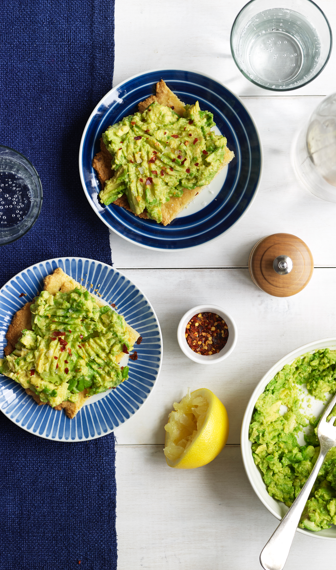Learn How Much Protein You Should Be Eating
The question “How much protein do I need?” is one which really has no simple answer. But emerging evidence is suggesting that we may need more than was previously believed.
Conventional wisdom has always been that the “average” person needs about .8 grams of protein per kilogram of bodyweight. But this formula has a number of obvious problems. For one thing, no one knows what an “average person” is. For another, protein needs are known to increase significantly when you’re pregnant, recovering from illness, working out heavily, under stress, or when you are older.
The question of protein- both the amount and the source- is not just academic. Amino acids — known as the “building blocks of protein” — are the key elements from which virtually every important structure in the body is made, including muscles, bones, ligaments and tendons. Protein also is the basic building block of such important compounds as hormones and neurotransmitters, compounds which are known as “functional proteins”. Without protein, we simply couldn’t live. There is a reason protein come from the Greek word meaning “of prime importance.”
Recently, research demonstrated that subjects with higher protein intake had stronger bones, leading to the crumbling of the myth that higher protein diets “cause” bone loss or osteoporosis. (The research showed quite the opposite.)
Elderly subjects who had the weakest bones also consumed the lowest amount of protein; those who ate higher amounts of protein had stronger bones.
We know that muscle growth can only happen if your body is making more muscle than it’s breaking down. That state is called “positive muscle protein balance,” and it is impossible to achieve if you’re working out and not getting an adequate amount of protein in your diet. Researchers at the University of Texas Medical Branch in Galveston have published a number of interesting studies on protein and muscle growth. One study demonstrated that ingesting amino acids orally, after a workout, significantly increased net muscle protein balance. More recently the same team showed that a protein drink after exercise also resulted in positive protein balance. And most recently, in a study in the American Journal of Physiological and Endocrinological Metabolism, researchers concluded that it didn’t matter whether that protein supplement was consumed before or after exercise, there was benefit either way.
How Much Protein Should Active Individuals Consume?
It’s long been assumed that only strength athletes — those trying to build big muscles –needed extra protein, but now even that belief has been questioned. Researchers now conclude that even endurance athletes require more protein than the “general” population. Exercise physiologists are now recommending that those undergoing endurance training might need about 1.2 to 1.6 grams of protein per kilogram of bodyweight, or 1.5 times the current recommendation!
One particular amino acid that has gotten a lot of attention in the research is leucine, which has a number of metabolic functions, but seems to be one of the prime movers in protein synthesis (i.e., the making of muscle). One well-respected researcher, Dr. Donald Layman, has published a number of papers suggesting that leucine may have a particular role in sparing muscle tissue while you lose fat, thus improving body composition. In one paper, he states that “increasing dietary levels of high quality proteins while reducing (high sugar) carbohydrates appears to be effective for improving changes in body composition and increasing fat loss.”

